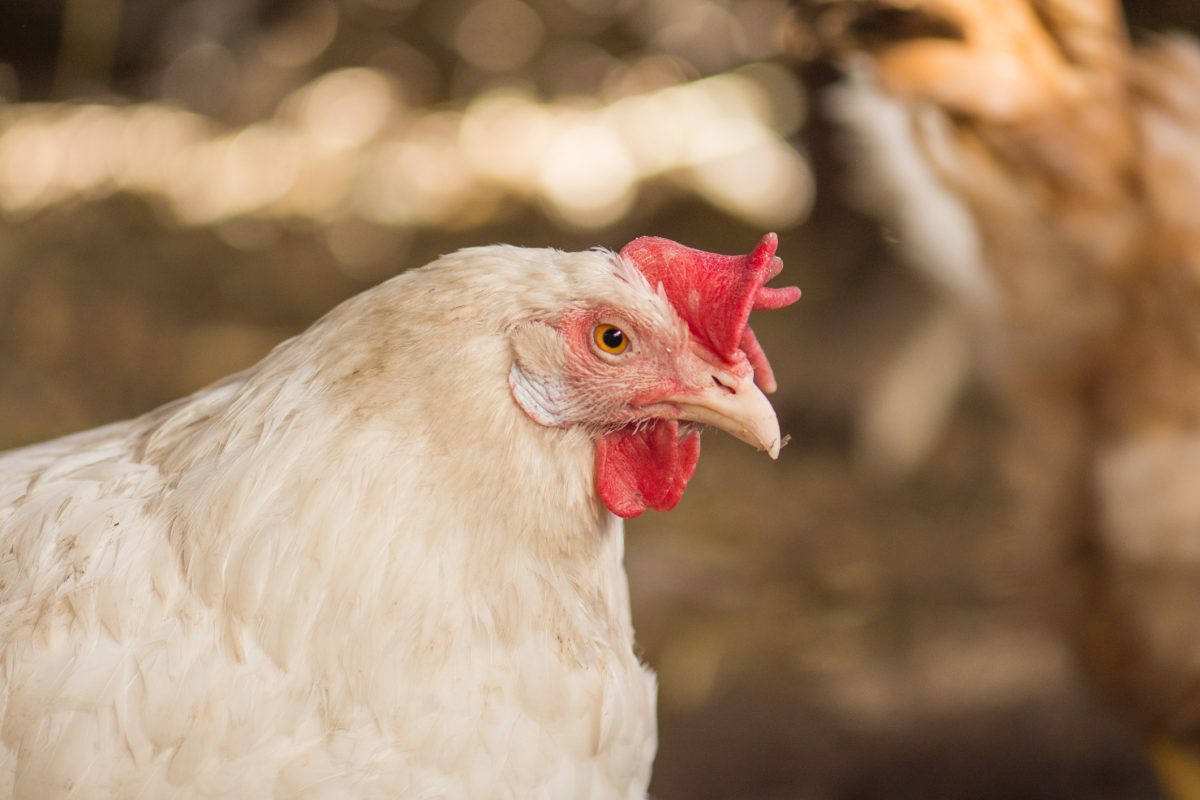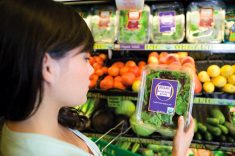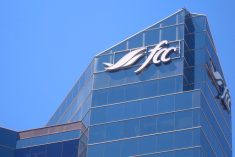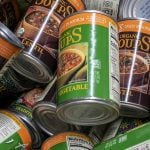Farmers are used to the conversation about how to manage trust with consumers. Food companies are learning it too, and finding food fraud to be a significant concern.
Food fraud “comes back to trust,” according to Renata McGuire of NSF Consulting and Technical Services. “Do I trust this brand?”
McGuire, along with Sylvain Charlebois, dean of the school of management at Dalhousie University and Dana McCauley, CEO of Blue Unicorn Innovations, was part of a panel on issues in the food industry at the recent SIAL food show in Toronto.
NSF, which does crisis management around food safety, recently conducted a survey of the food industry to gauge its concerns.
Food safety and food fraud were the top two anticipated influences on the food system.
About 30 per cent of respondents to the survey had a plan in place to manage food fraud.
“If 30 per cent have a plan, I’d like to see it,” said Charlebois. “We are just starting a collective conversation about food fraud. If you go out there on the street and ask people, ‘Are you concerned about food fraud?’ they go, ‘What?'”
However, Charlebois said, as he travels the country speaking about food issues, including food fraud, he inevitably is approached by someone after the event with a food fraud story.
Read Also

CFIA says regulatory changes will cut agricultural red tape
The Canadian Food Inspection Agency (CFIA) is set to make seven regulatory changes to cut red tape around agricultural production.
“When I speak onstage about food fraud, people look at me funny. It can’t be happening in Canada,” he said.
As she deals with startup companies, labelling is an early point of confusion, McCauley said. People are often tricked in the grocery store by labels. It’s not food fraud, she said, but a lack of clarity.
An example is the Made in Canada label which can include ingredients from outside of the country, she said. Her examples illustrate the fuzzy nature of food fraud.
No one really understands the amount of food fraud out there, said Charlebois. It can come from any place in the complex food chain, from farmers, to wholesalers, to processors, and retailers.
One of the challenges is that food fraud perpetrators in the supply chain can toss issues from one company to another.
A manufacturer may receive some raw material from a distributor that isn’t what it is claimed to be. They might reject it, but then the distributor could resell it to another buyer.
“They just resell it and purchasing says ‘Wow, I’ve got a great deal here.'”
“In the industry, most people know it is a problem, but they don’t want to talk about it. It needs to be encouraged,” said Charlebois.
Whistle blowing has potential, he said, and the Canadian Food Inspection Agency has a bureau for consumers to report when they have experienced food that is not what they expected it to be.
Charlebois said he was once asked by a TV host if food fraud is a victimless crime. “I said absolutely not. The food system is the victim.”
Consumer trust is important to the economic health of the food system, he said.
Companies, such as many of those exhibiting at SIAL, are trying to add value to basic foodstuffs, for greater share of the consumer dollar and more profit, and building trust that what is in the food can be trusted is integral.
The NSF survey of food companies also found:
- 40 per cent says there is little or no impact, or they are unsure of the impact of corporate social responsibility on their brand
- 72 per cent are not planning any changes due to the ‘Trump effect’ threatening companies who manufacture outside of the U.S.
- 66 per cent are not sure about the impact of the Canada-European Union Comprehensive Economic and Trade Agreement (CETA); and
- 57 per cent said the industry should monitor the safety of new food innovations and technology.
— John Greig is a field editor for Glacier FarmMedia based at Ailsa Craig, Ont. Follow him at @jgreig on Twitter.

















